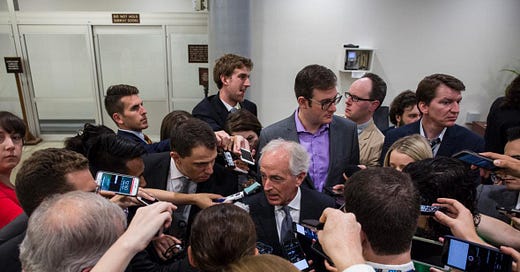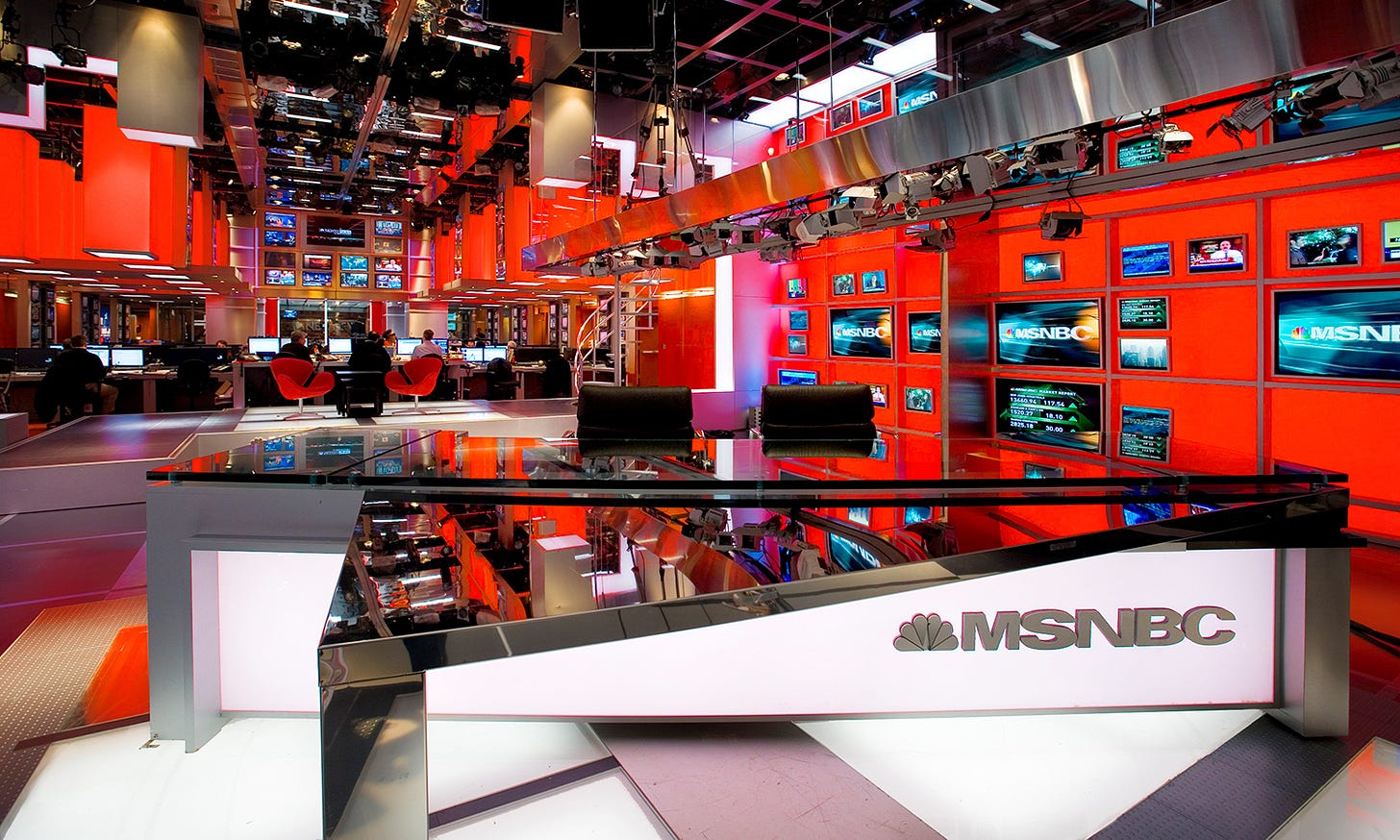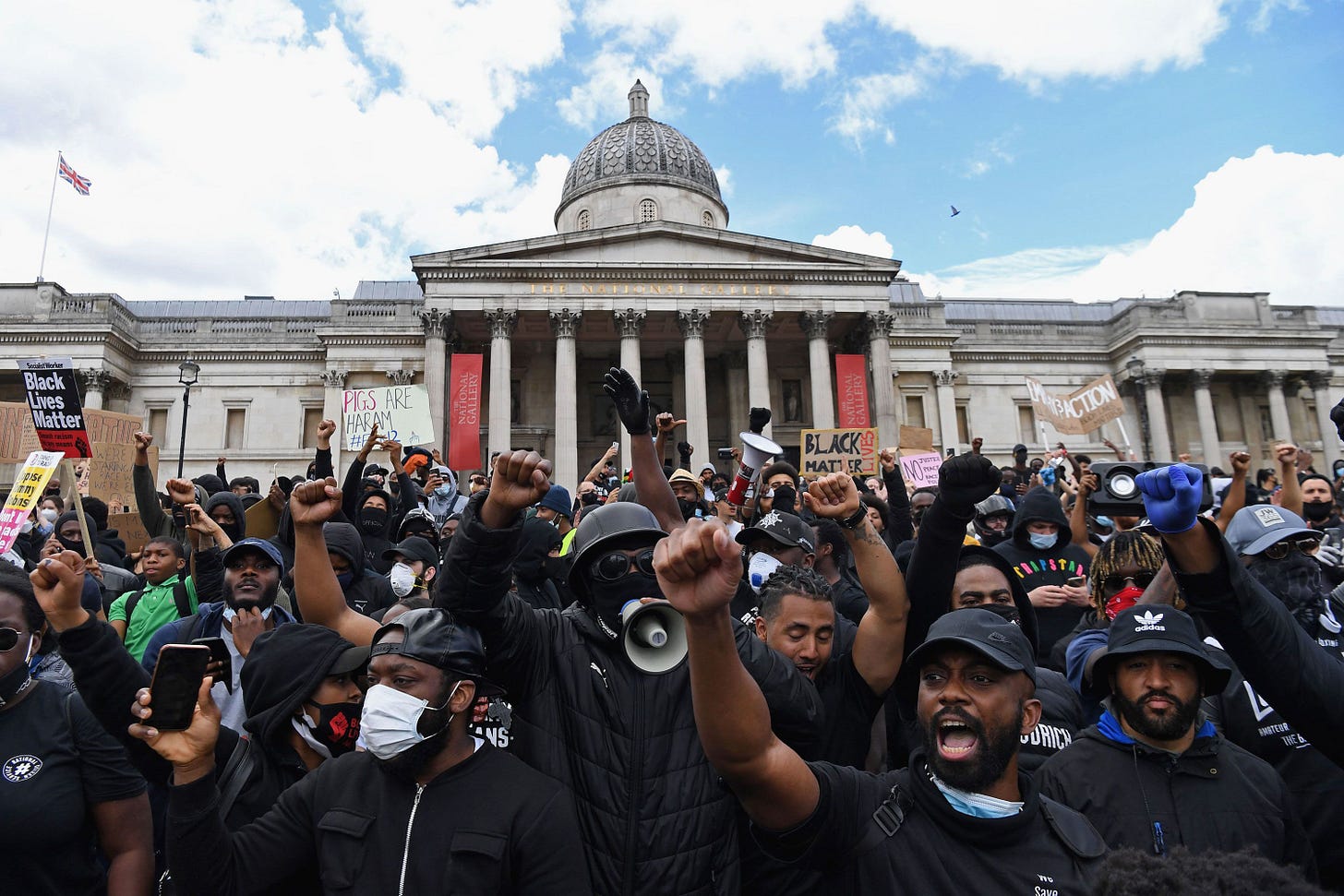Freedom of the press is a foundation of contemporary democracy, playing a pivotal role in safeguarding the public's right to information and holding leaders accountable. Stephen J. Wermiel in his article"Freedom of the Press: Challenges to this Pillar of Democracy" underscores the indispensable nature of a free press in maintaining a healthy democratic society. Wermiel articulates the multifaceted challenges faced by the press in fulfilling its crucial role, ranging from technological advancements to political pressures.
In the modern digital age, marked by rapid technological evolution, the press encounters novel problems in circulating truthful information while combating misinformation and disinformation. Wermiel highlights the proliferation of online platforms as a double-edged sword, offering unprecedented avenues for communication yet fostering an environment ripe for the spread of falsehoods. This challenge underlines the necessity of a attentive and discerning press to filter through the flood of news and present the public with confirmed facts.
Moreover, political pressures pose a significant threat to the sovereignty of the press, undermining its ability to act as a watchdog over governmental actions. Wermiel clarifies how authoritarian regimes and even democratically elected leaders seek to control the narrative by curtailing press freedom through censorship, intimidation, and legal restrictions. Such violations not only obstruct the flow of reports but also erode public trust in the media as an impartial arbiter of truth.
"Why the Press Will Never Have Another Watergate Moment" written by Margaret Sullivan highlights the permanent relevance of investigative journalism in holding political leaders accountable. Sullivan laments the decline of in-depth investigative reporting, citing dwindling resources and the hyperactive pace of modern news as hurdles to uncovering systemic abuses of power. The Watergate scandal, she contends, represented a climax in journalistic integrity and tenacity, emblematic of the press's aptitude to catalyze societal change.
Nevertheless, Sullivan contends that the contemporary media landscape, characterized by sensationalism and the 24-hour news cycle, prohibits the emergence of another Watergate moment. She mourns the prioritization of clickbait over substantive reporting, groaning the loss of public interest in nuanced, long-form journalism. This shift, she argues, dilutes the press's ability to unearth systemic injustices and galvanize public outrage, thereby diminishing its efficacy as a check on power
Yale Professor Bryan Garsten, in his scholarly paper, "Representative Government and Popular Sovereignty" reveals the essential link between a free press and the foundational principles of democracy. Garsten underscores how the press serves as a conduit for the expression of diverse perspectives and the delivery of public grievances, thereby fostering an informed people essential for the functioning of representative government. Moreover, he states that press freedom is indispensable in holding elected officials accountable to the electorate, ensuring that the government remains responsive to the desire of the people.
Despite these difficult challenges, the vitality of a free press within current democracy remains explicit. As Wermiel and Sullivan heartrendingly explain, the press serves as a barricade against absolutism, revealing the dark respites of power and amplifying the voices of the marginalized. In an era surrounded by misinformation and political ploys, the unbound pursuit of truth by an independent press is indispensable in protecting the principles of democracy and fostering an informed population. As guardians of liberty and accountability, journalists must continue to confront the obstacles that plague them, steadfast in their commitment to upholding the public's right to knowledge.






